By He Ako Hiringa
April 11, 2024
Large amounts of unused medications accumulate in people’s homes. Health professionals, including nurses, have an important role to play in reducing this medicinal waste and its harmful effects on the health budget, the environment and public safety.
Read more... What can you do to prevent the oversupply of medication?

By Lauren Smith
July 17, 2023
Tackling inappropriate use of antibiotics is vital to preserving the effectiveness of these important drugs. In this country, for example, amoxicillin + clavulanic acid remains the second most-used antibiotic, despite very limited indications for its use.
Inappropriate use of antibiotics may stem partly from meeting patient expectations for treatment. The following case study highlights how both prescribers and non-prescribers can help to ensure antibiotics are used appropriately.
Read more... Managing patients’ antibiotic expectations
By He Ako Hiringa
May 23, 2023
The funded brand of phenobarbitone — a barbiturate used mainly to manage epilepsy — used in this country is about to change. Prescribers need to carefully manage this change-over for patients.
Read more... Phenobarbitone tablets: Brand change for epilepsy medication

By He Ako Hiringa
December 9, 2022
Antimicrobial resistance — when pathogens develop resistance to drugs used to fight them — is a serious threat to health care in New Zealand and around the world. Antimicrobial stewardship — ie careful and appropriate use of antimicrobial drugs (including antibiotics) — is vital to preserving the effectiveness of these medicines.
This article explains the key role of primary care in antimicrobial stewardship. There is a clear role for prescribers, but nonprescribers such as primary health care nurses also have an important part to play in supporting the appropriate use of antimicrobials.
Read more... How primary care can improve antimicrobial stewardship






